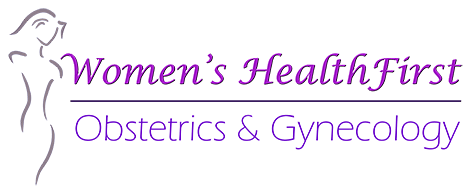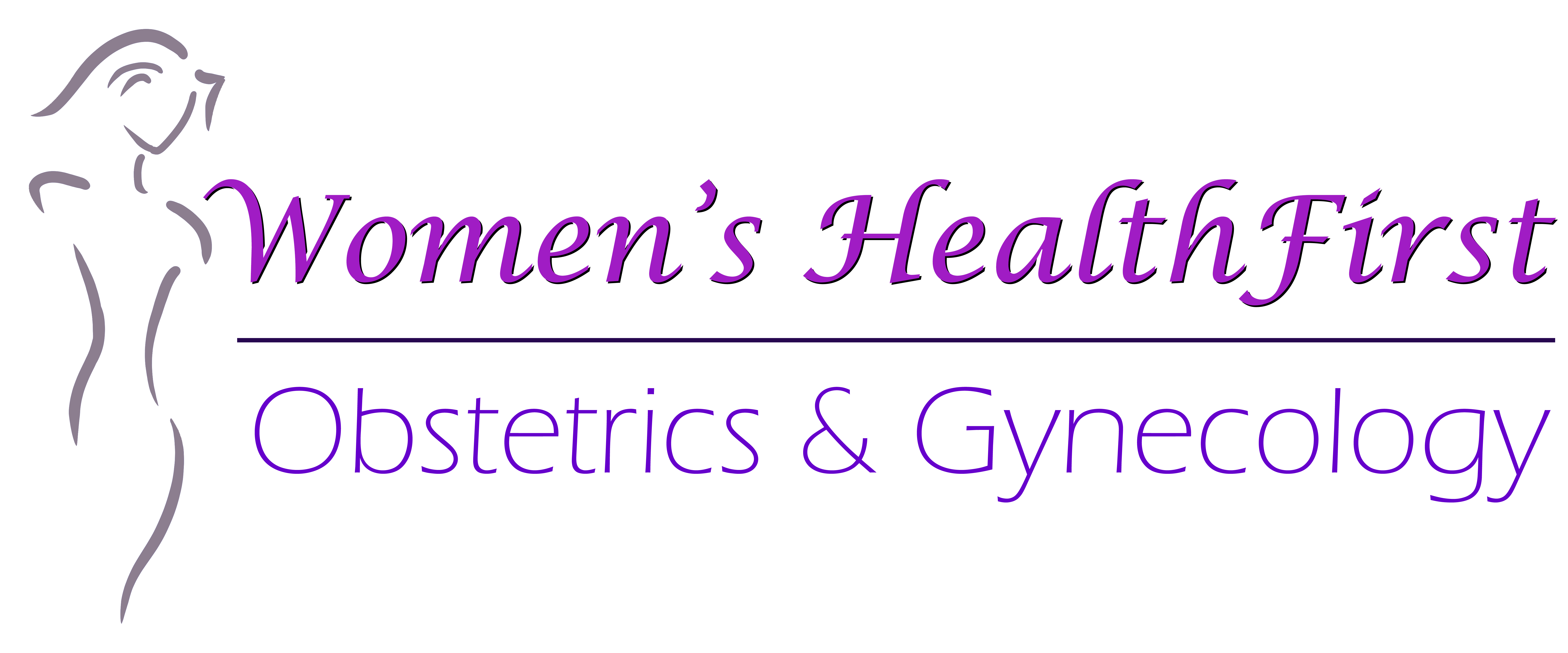PCOS: Polycystic Ovarian Syndrome
Polycystic ovarian syndrome (PCOS) is a common condition that involves enlarged ovaries that may contain many cysts and may cause an imbalance of hormones. This condition affects one in every 10 women in the U.S. and is the leading cause of infertility in women.
The specific cause of PCOS is not known, but it is considered a type of hormone disorder involving an interruption in a woman’s reproductive cycle. PCOS can occur at any age after puberty. Women with PCOS may continue to experience symptoms even after menopause.
Signs & Symptoms of PCOS
The most common signs and symptoms of PCOS include:
- Cysts in the ovaries, which can cause abdominal pain, pressure, and inflammation
- Irregular menstrual cycles (missed, infrequent, or prolonged periods)
- Oily skin, acne
- Excess hair growth in unexpected areas (face, chin, back, or buttocks)
- Loss or thinning of hair on the scalp (male-pattern hair loss)
- Unexplained weight gain

PCOS symptoms are typically more severe in women who are obese.
Possible Complications of Polycystic Ovarian Syndrome
Complications associated with PCOS include:
- Infertility, miscarriage, and premature birth
- Diabetes
- High cholesterol, high blood pressure, and heart disease
- Liver inflammation
- Endometrial cancer
In fact, PCOS is often first discovered when women in their 20s or 30s have difficulty getting pregnant.
Risk Factors
Most women at risk of developing PCOS have a family history of PCOS, as well as those who have diabetes or are obese.
Why Cysts May Develop in the Ovaries
Women with PCOS often fail to ovulate, which is when a mature egg is released from the ovaries into the fallopian tube, where it may be fertilized by sperm. Instead of producing and releasing a mature egg, cysts develop in the ovaries. These cysts produce androgen, the hormones responsible for the development of male characteristics. It is important to note that not all women with PCOS have ovarian cysts, and the presence of cysts alone does not necessarily mean you have PCOS. Women can have ovarian cysts unrelated to PCOS.
Aside from androgen-producing ovarian cysts, another possible reason for the hormonal imbalance of PCOS is that many women with PCOS are unable to properly process insulin. This leads to a buildup of insulin in the body, which may also lead to increased androgen levels.
How PCOS is Diagnosed
There is no single, definitive test that can diagnose PCOS. In most cases, your doctor may diagnose you based on the following:
- Discussion of your symptoms and risk factors for PCOS
- Blood test to measure hormone levels, specifically looking for excess levels of androgen, the male sex hormones
- Gynecological ultrasound that reveals cysts in the ovaries (although not all women with PCOS develop cysts)
PCOS Treatment Options
PCOS treatment centers around managing its symptoms, as well as helping to prevent or manage any conditions associated with PCOS. For example, birth control pills that include a combination of estrogen and progestin can help regulate irregular menstrual periods, as well as address excess hair and acne. Other medications can help you ovulate if you are trying to get pregnant. Losing weight, if obese, can help reduce or eliminate some symptoms of PCOS. Finally, medications may be warranted to address conditions related to PCOS, such diabetes and high cholesterol levels.
PCOS Treatment in Palatine, Schaumburg, Hoffman Estates, & Bartlett, IL
Do you often experience abdominal pain and swelling? Do you have irregular menstrual periods? What about excess hair on your face or elsewhere on your body? These are all classic signs and symptoms of polycystic ovarian syndrome (PCOS).
Contact the expert OB-GYN providers at Women’s HealthFirst to find out for sure. Call (847) 808-8884 to schedule a visit or request an appointment now. We have four convenient locations in northwest suburban Chicago.

